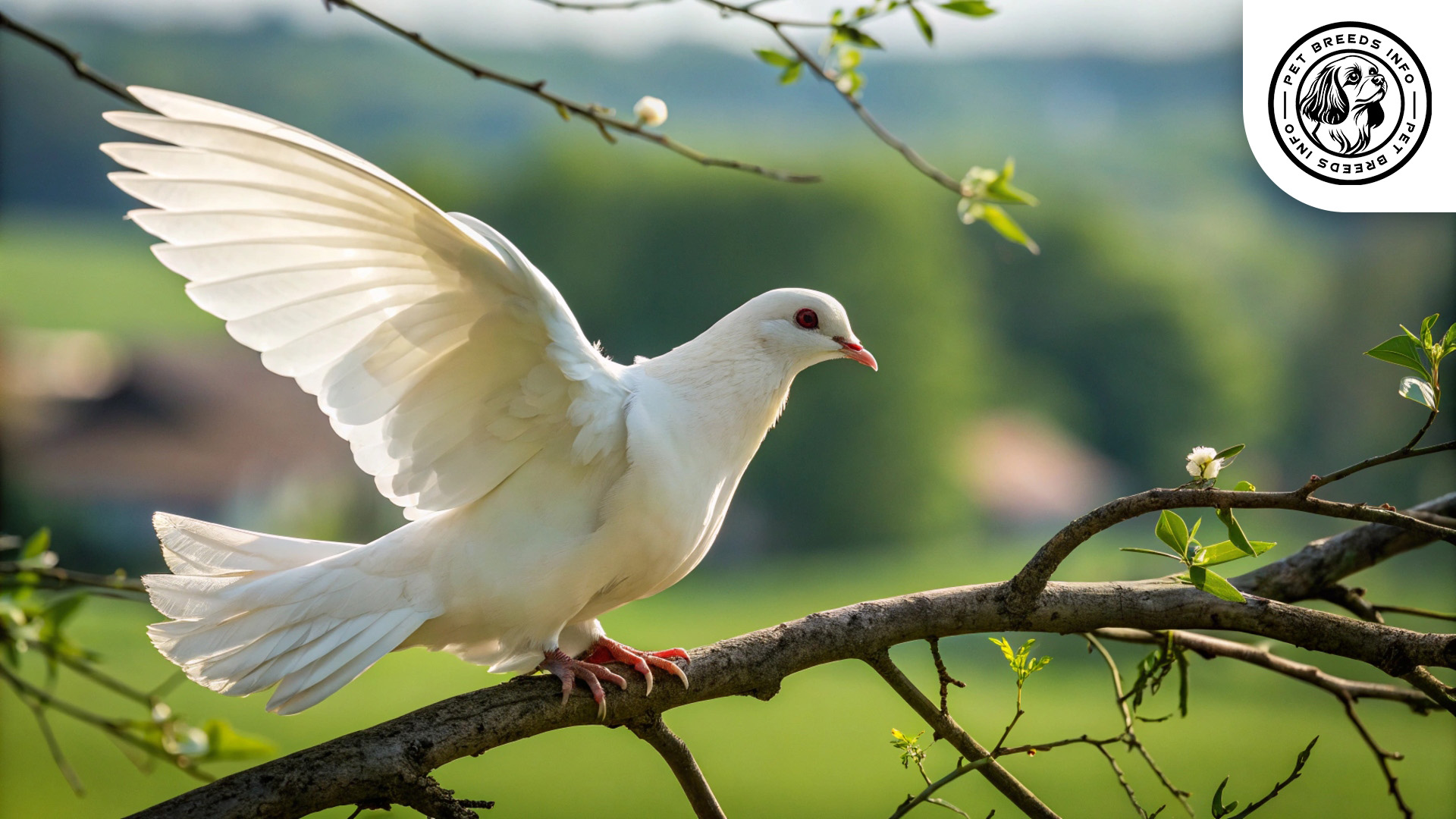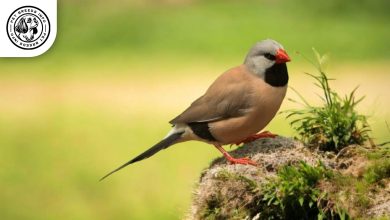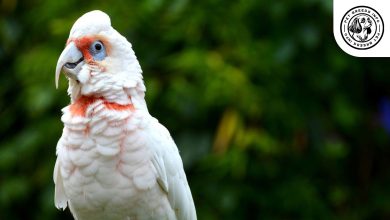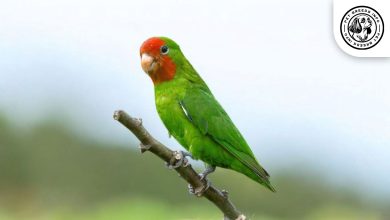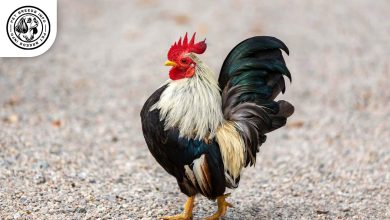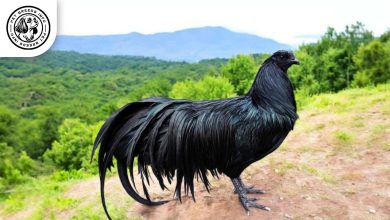White Dove breed: Personality, Lifespan, Food & Care
General Introduction of the Breed
The White Dove, scientifically known as Columba livia domestica, is a domesticated variety of the Rock Dove or Common Pigeon. It is widely recognized as a symbol of peace and love across various cultures. The bird is often referred to simply as the “Dove” and is popular in ceremonies and as a pet.
Originating from Europe, North Africa, and Asia, White Doves have been bred in captivity for centuries. They were historically used for message delivery and religious ceremonies. Today, they are popular both as pets and for symbolic releases at events.
Table of Contents
| Common Name | White Dove |
| Scientific Name | Columba livia domestica |
| Origin | Europe, North Africa, Asia |
| Size | 11–13 in (28–33 cm) |
| Lifespan | 10 to 15 years |
| Egg Color | White |
| Clutch Size | 1–2 eggs |
| Temperament | Gentle, affectionate, social |
| Cold-Hardy | No – prefers mild indoor climate |
Physical Characteristics
White Doves are medium-sized birds, typically ranging between 11 to 13 inches (28 to 33 cm) in length with a wingspan of approximately 20 to 24 inches (50 to 60 cm). They generally weigh between 5 to 8 ounces (140 to 230 grams).
They have pure white plumage that is sleek and elegant. Their feathers are soft and require regular preening to stay clean and healthy.
Their eyes are round and dark, often deep black or dark brown in color, giving them a gentle and intelligent appearance.
White Doves have small, rounded heads with short, smooth beaks that are a pale pink or ivory color. Their legs are also pinkish, with sharp claws for perching.
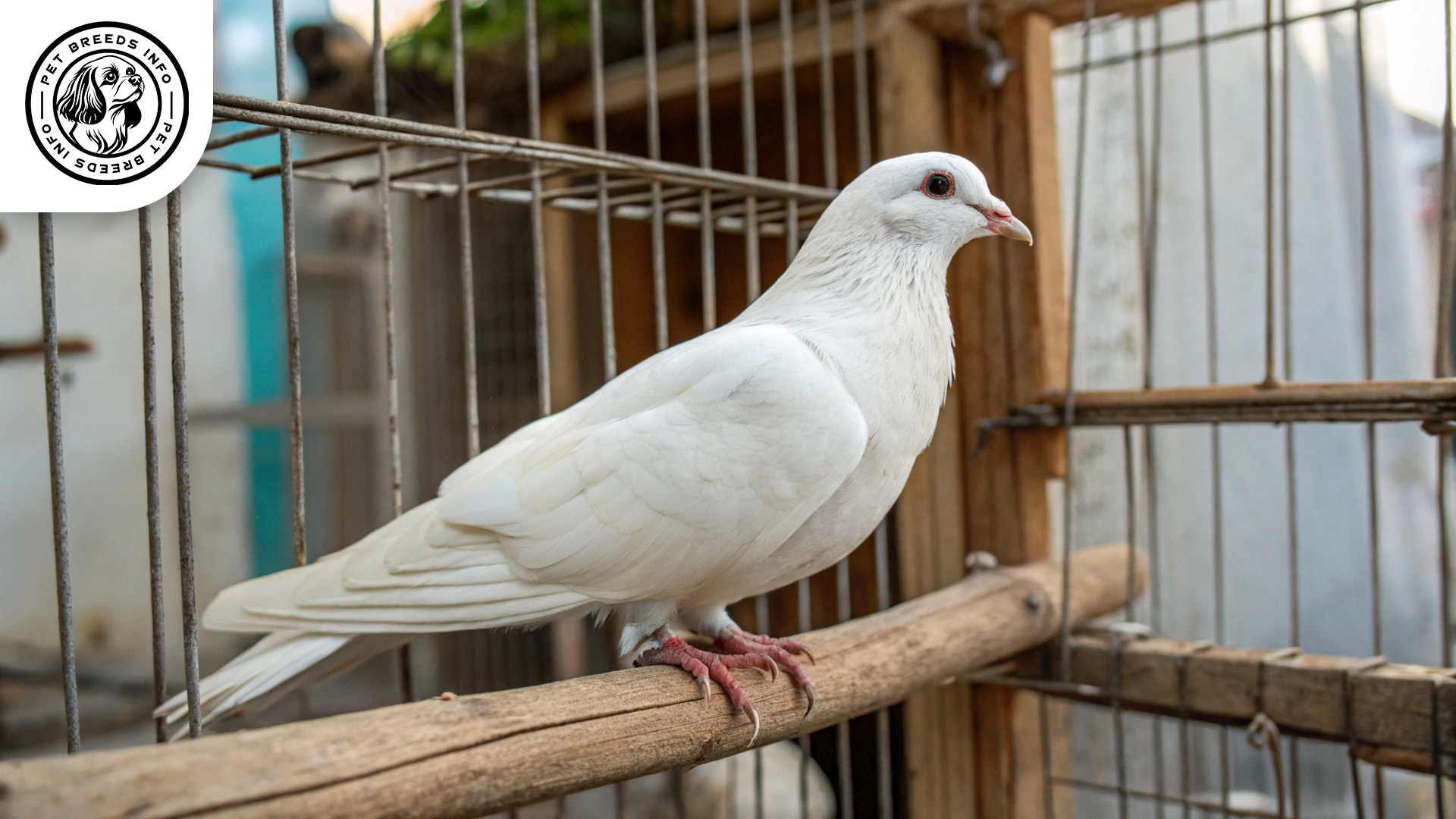
Personality and Temperament
White Doves are gentle and affectionate birds, known for their calm demeanor. They are intelligent and capable of recognizing their owners with consistent interaction.
They have moderate energy levels and enjoy flying within a safe and enclosed space. They also respond well to training and can learn basic commands and recall techniques.
White Doves form strong bonds with their owners, often displaying affectionate behaviors such as cooing softly when nearby.
They are highly social birds that enjoy interacting with humans, as well as other doves or pet birds, making them excellent companions.
Although they do not have hunting instincts, they enjoy playing with small toys or engaging in simple activities.
They can be sensitive to abrupt environmental changes and may need time to adjust to a new home.
Read More: West African Silverbill
Care and Maintenance Requirements
White Doves require regular opportunities to fly within a secure, indoor space or aviary. Daily exercise is necessary to maintain their health and prevent boredom.
They can live comfortably in both apartments and houses, as long as they have a spacious cage or aviary to move around freely.
Grooming mainly involves keeping their cage clean, ensuring they have access to water for bathing, and trimming their nails when necessary.
They are sensitive to extreme temperatures, particularly cold conditions, and should be kept in a comfortable indoor climate.
Regular hygiene practices include providing fresh bathing water, checking their feathers for cleanliness, and ensuring food bowls are free of debris.
Diet and Nutrition
A balanced diet for White Doves consists of seeds, grains, and special pigeon feed. They also benefit from occasional fresh vegetables and fruits.
They require a nutrient-rich diet with minerals such as calcium to support bone strength.
Avoid feeding them chocolate, caffeine, avocado, and salted foods, as these can be harmful to their health.
Feed portions should be appropriate to their size, usually 2 to 3 tablespoons of seeds and grains per day, supplemented with fresh water.
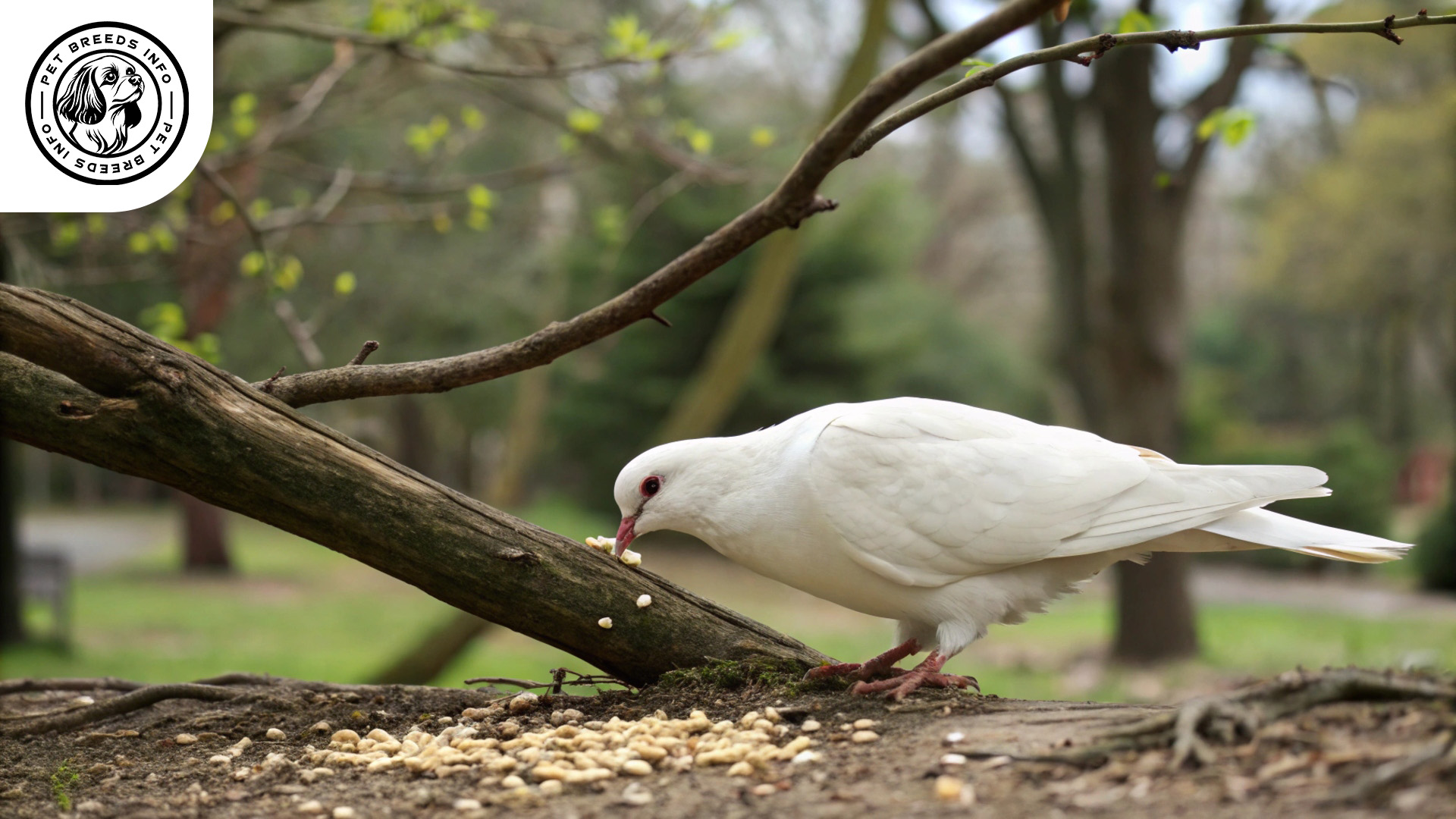
Health and Common Medical Issues
White Doves are generally hardy, but they can be susceptible to respiratory infections, parasitic infestations, and feather-related diseases.
They are vulnerable to bacterial infections if their living conditions are not clean.
The average lifespan of a well-cared-for White Dove is between 10 to 15 years.
Routine check-ups with an avian veterinarian and proper vaccinations help maintain good health.
Training and Behavior Management
White Doves are relatively easy to train, especially when handled gently and consistently.
Training should start with simple commands, and they respond well to positive reinforcement methods such as treats and praise.
Early socialization with humans and other pets helps them develop a confident and friendly personality.
Consistency and patience in training lead to better results, as they are intelligent birds that enjoy interaction.
Read More: Violet-eared Waxbill
Interaction with Other Animals and Humans
White Doves are excellent companions for families, as they are gentle and sociable with children.
They can coexist peacefully with other pet birds, provided they are introduced gradually.
They are suitable for families or individuals who can provide daily interaction and a calm environment.
They form deep bonds with their owners but also enjoy some degree of independence.
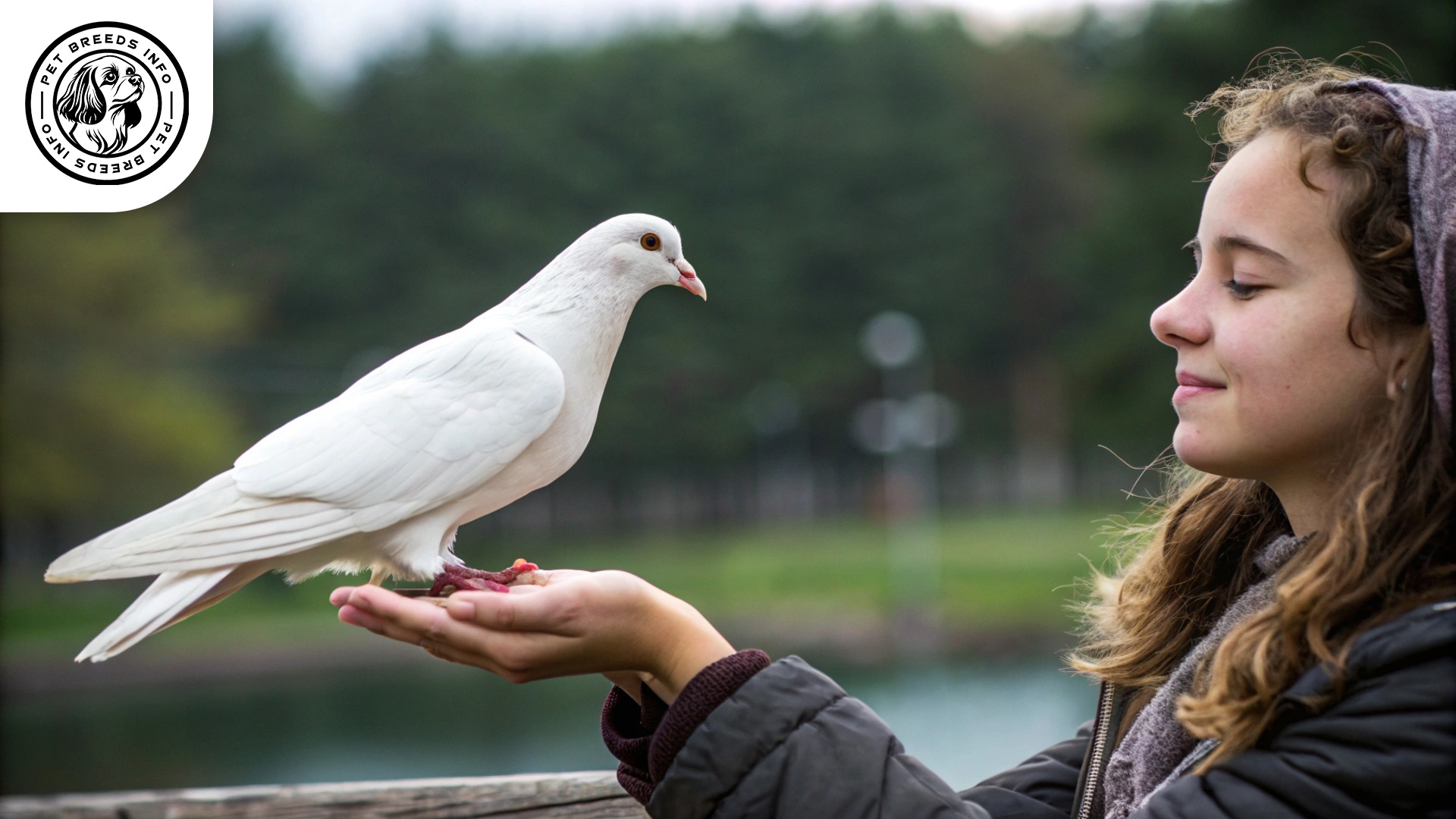
Price and Availability
The cost of purchasing a White Dove varies between $20 to $100, depending on the breeder and location.
When adopting or buying a White Dove, ensure that the bird is healthy, well-fed, and accustomed to human interaction.
Reputable bird breeders, pet stores, and adoption centers are the best places to find a White Dove as a pet.
Read More: Khaki Campbell Duck Breed
Conclusion and Final Thoughts
White Doves make excellent pets for individuals and families looking for a calm, affectionate bird with low maintenance needs.
They thrive best in a peaceful home environment with regular human interaction and a clean, spacious cage.
Potential owners should be prepared to provide a nutritious diet, proper socialization, and a commitment to their long lifespan.
Their elegance, intelligence, and friendly nature make them wonderful companions for both beginners and experienced bird owners.
FAQ
Are White Doves the same as pigeons?
Yes, they’re a domesticated variety of the Rock Dove, commonly referred to as pigeons.
Can you keep a White Dove indoors?
Absolutely. They adapt well to indoor environments if they have space to fly and a clean, quiet area.
Do White Doves bond with humans?
Yes, they form strong, affectionate bonds with owners and often recognize voices and routines.
What should I feed my White Dove?
A mix of seeds, grains, pigeon feed, and the occasional fresh veggie or fruit works well.
Can I train a White Dove?
Yes! With consistency and gentle reinforcement, they can learn simple commands and even come when called.
